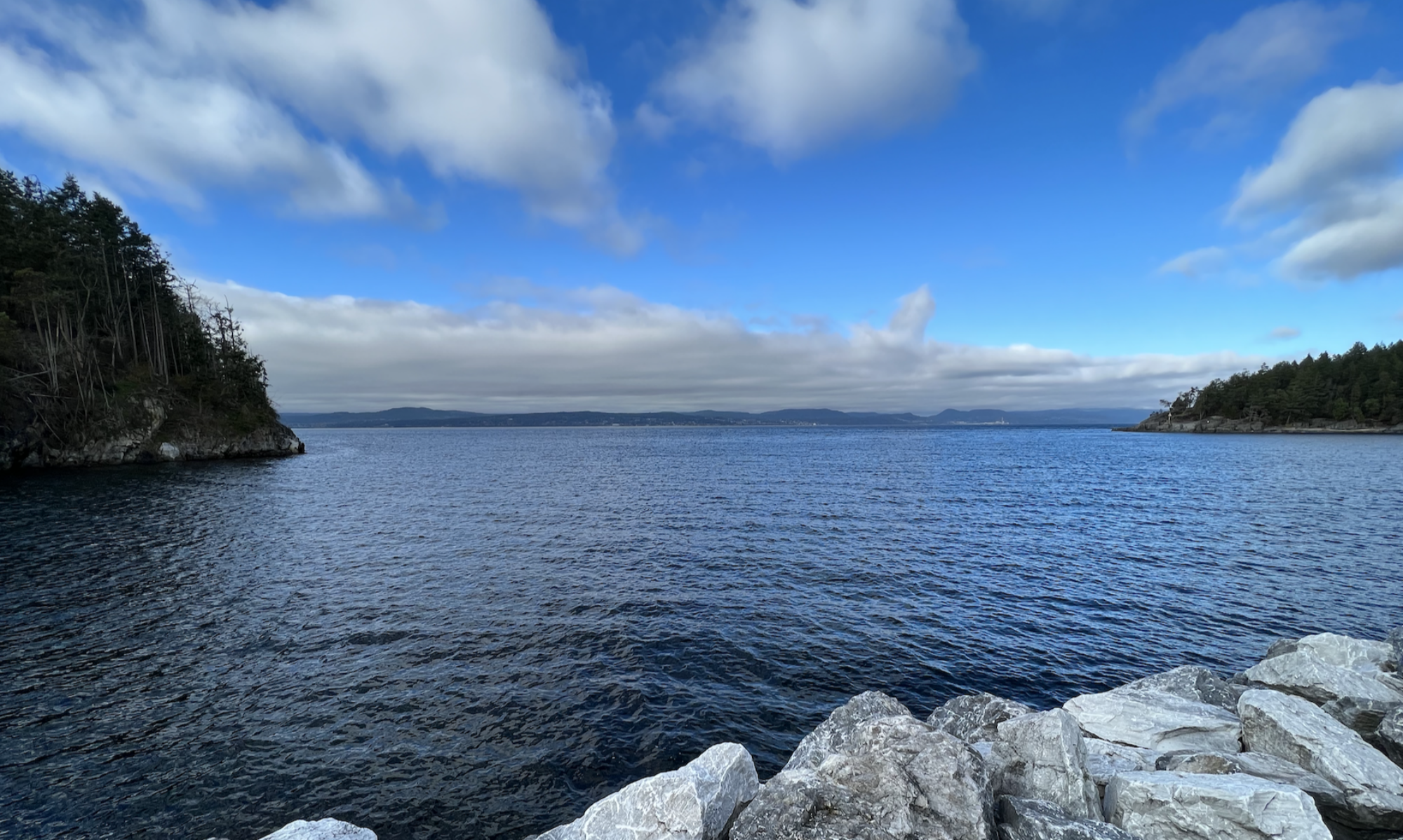Phil Cass is someone that I really enjoy. He’s a great colleague and a good friend.
Phil is CEO of four affiliated not-for-profit health corporations (the Columbus Medical Association, Columbus Medical Association Foundation, Physicians Care Connection and Central Ohio Trauma System). He gave me a tour of his building earlier this year. It’s an impressive center, very deliberate in its design to encourage collaboration and expanded ideas.
Our colleagueship goes back to 2005. I got to be part of an Art of Hosting team in Columbus where a wicked question was hatched — “What would it take to provide affordable and sustainable healthcare for everyone in Columbus?”
Phil is also the kind of friend that I feel I can call when I need some really good thinking, ideas, or witnessing. He’s honest. He’s kind. He’s done his work and has a lot of awareness as a human being.
I’m looking forward to working with Phil in the next couple of months. We are on a team together focused on Washington State Health Transformation. Some of Phil’s reflections on leadership are here.
I particularly relate to his focus on living systems and self-organization. It’s worth a peek! And, the fact that there are 500,000 receiving their care through patient centered medical homes, well that’s rather impressive, right.
